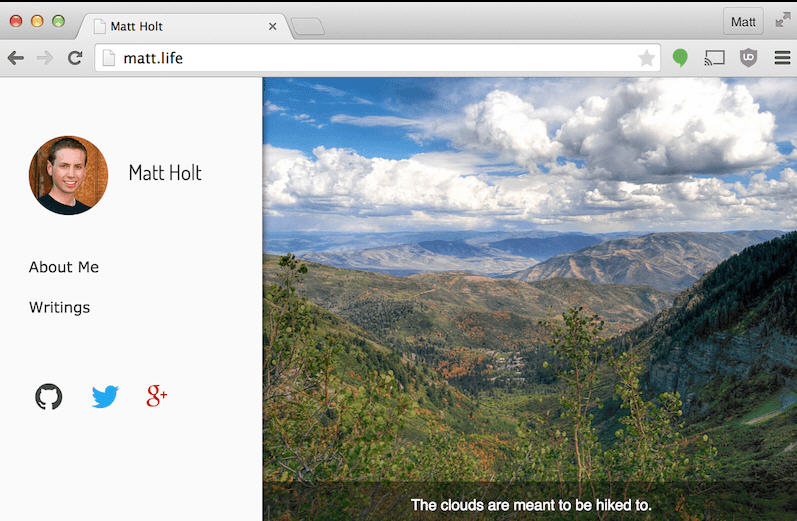
Running your own local web server can make it easier to develop and test websites, but there’s one small obstacle to install first: you’ll have to find, download and install one, and figure out how to set it up.
Caddy is a simple but surprisingly capable server which cuts through the usual hassle and can handle simple sites with no configuration at all.
The program is no-strings free, and available for Windows, OS X and Linux. Whatever you choose gets you a small download -- under 3MB for our Windows test PC -- which unzips to a single executable with no dependencies.
There’s no installation required, so at the absolute minimum all you have to do is drag and drop Caddy into your website folder, and launch it.
A console window pops up displaying the default port (2015). Enter localhost:2015 into your browser and you’re done: index.htm(l) is opened, displayed, and you can browse your site as though it was online.
These steps alone are enough to get you support for HTTP/2, IPv6, Markdown, WebSockets, templates and more.
Unsurprisingly, if you need to go further then Caddy does get more complicated. It can serve PHP sites, for instance, but only via a FastCGI server, and you’ll need to set that up via an httpd.conf-like text configuration file. (This also helps you control authentication, folder permissions, error pages, a site’s root path, gzip, tls, proxies, HTTP redirects, response headers, logging and other handy extras, if you need them.)
Still, anyone who’s technically capable enough to set up and maintain a blog or website shouldn’t find Caddy difficult to configure -- not least because there’s a reasonable amount of clear and not-too-technical documentation -- and it’s certainly easier to customize than a lot of the competition. If your server needs are simple then Caddy is worth a try.

